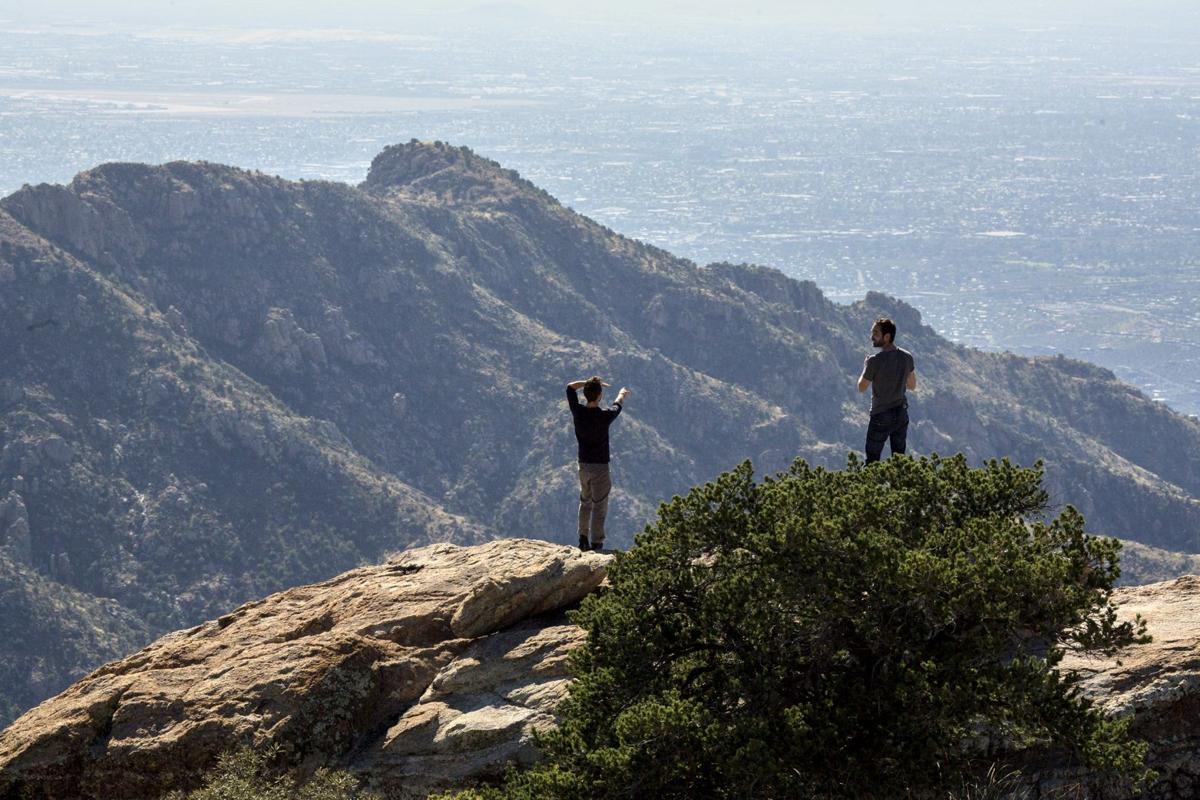Dates have been set for public meetings to discuss and comment on a Coronado National Forest proposal to raise fees for day-use sites, campgrounds and annual forest passes.
“Forest personnel will engage with the public, tribes, stakeholders and partners to receive input regarding the proposed fee changes,” said Coronado Forest spokeswoman Heidi Schewel. “Personnel will be available for conversations with forest visitors.”
Meetings will be held this month on the forest’s Safford Ranger District, Douglas Ranger District, Sierra Vista Ranger District and Nogales Ranger District. See box for meeting dates, times and locations.
Schewel said meetings have already been held in the Santa Catalina Ranger District, which includes forest lands in the Tucson area.
Under the Coronado Forest proposal, fees for 23 day-use sites would increase from $5 to $8 per day and campground fees would go up from $10 to $20 per night at five campgrounds. The cost of an annual Coronado Forest pass would change from $20 to $40.
The proposal also calls for fees at seven group sites — used for picnicking and camping — to be a $50 flat fee plus $10 per vehicle per day.
REASONS FOR FEE PROPOSAL
The forest “operates and maintains approximately 204 fee and non-fee developed recreation sites,” Schewel said in a news release. Recreation fee sites provide amenities such as picnic tables, restroom facilities, trash receptacles, designated parking, visitor security and interpretive signs, exhibits or kiosks.
“Most lands on the forest are not considered developed areas and are available for use free of charge,” Schewel said. “However, fees are charged at some developed recreation sites to be used for operations, maintenance, and replacement costs.”
The estimated costs of maintaining all developed sites are $3.8 million per year.
“The revenue to operate and maintain the developed recreation sites totals approximately $1.3 million annually, which falls about $2.5 million short of needed funds,” the news release stated. “Approximately 50 percent of that funding comes from tax dollars allocated by Congress. The remaining 50 percent comes from the collection of fees.”





